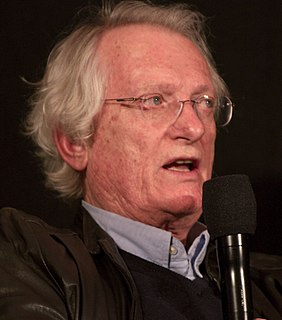A Quote by John Lanchester
A lot of the time in modern Britain, certainly in urban life, we barely have any contact at all with the people around us.
Related Quotes
Contrary to received wisdom, the British are not an insular people in the conventional sense - far from it. For most of their early modern and modern history, they have had more contact with more parts of the world than almost any other nation - it is just that this contact has regularly taken the form of aggressive military and commercial enterprise.
I do a lot of urban fantasy, which is modern-day cities, but you've got magic, you've got fairies running around, or cryptozoological creatures running around, and I'm pulling very heavily on my background as a folklore major and having done some animation work and all of that, and I'm pulling from the modern fairy tale narrative.
For all the chatter that Britain has moved beyond class, recent studies have found that it determines the life chances of British people more today than at any point since the Second World War... A child born into a rich family in Britain will almost certainly live and die rich, while a child born into a poor family will almost certainly live and die poor.
Urban people, of course, are terribly scared nowadays. They may yearn for society, but it is risky to go around talking to strangers, for a lot of reasons, one being that people are so accustomed not to have many human contacts that they are afraid they may find out they really prefer life that way.
Absent the net, we certainly couldn't have organized in 190 countries around the world. It's no substitution for face to face interaction - that's why we have "days of action" where people are in real contact with each other - but it's the cheap (and low-carbon) way to do an awful lot of the planning and organizing. And we can build, for $20k, a website as good as one Exxon can build for $20 million.





































